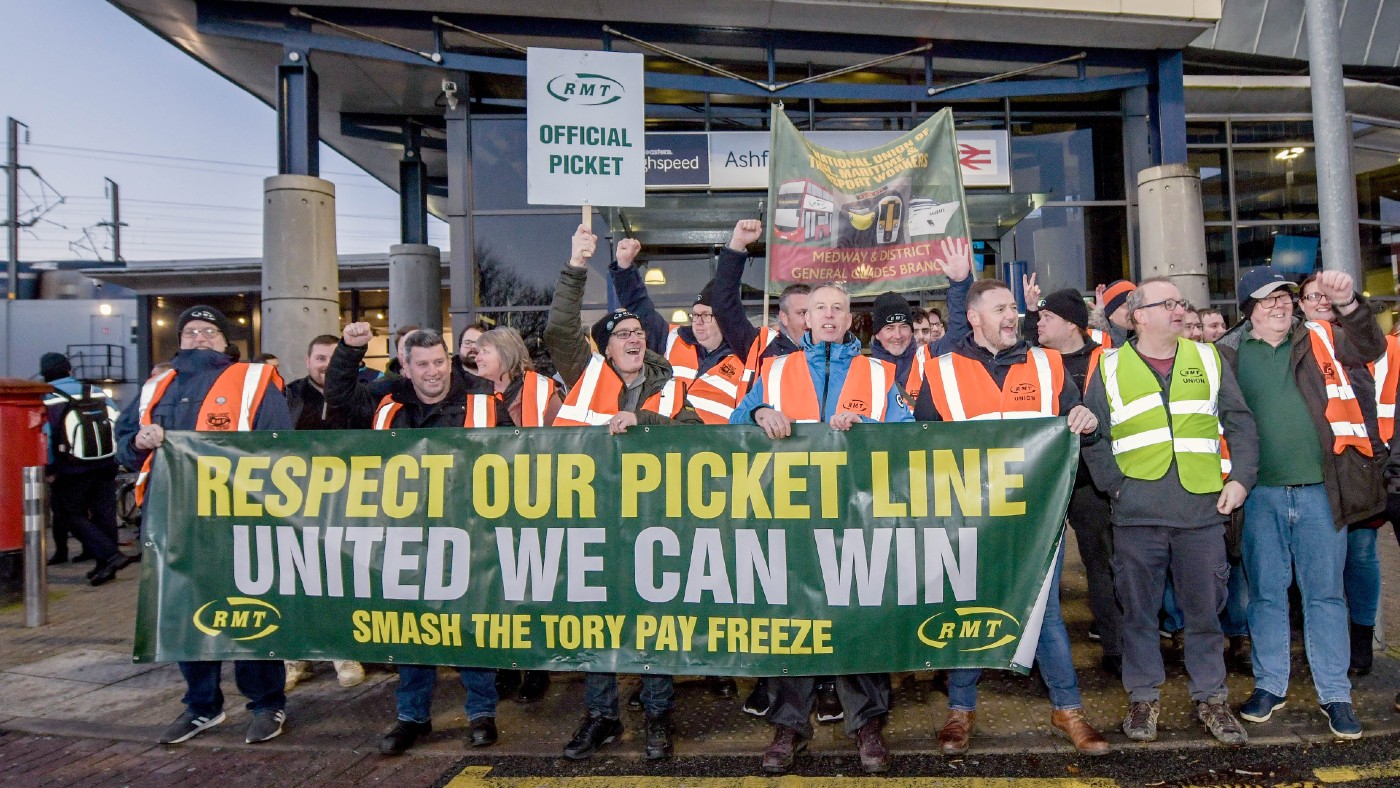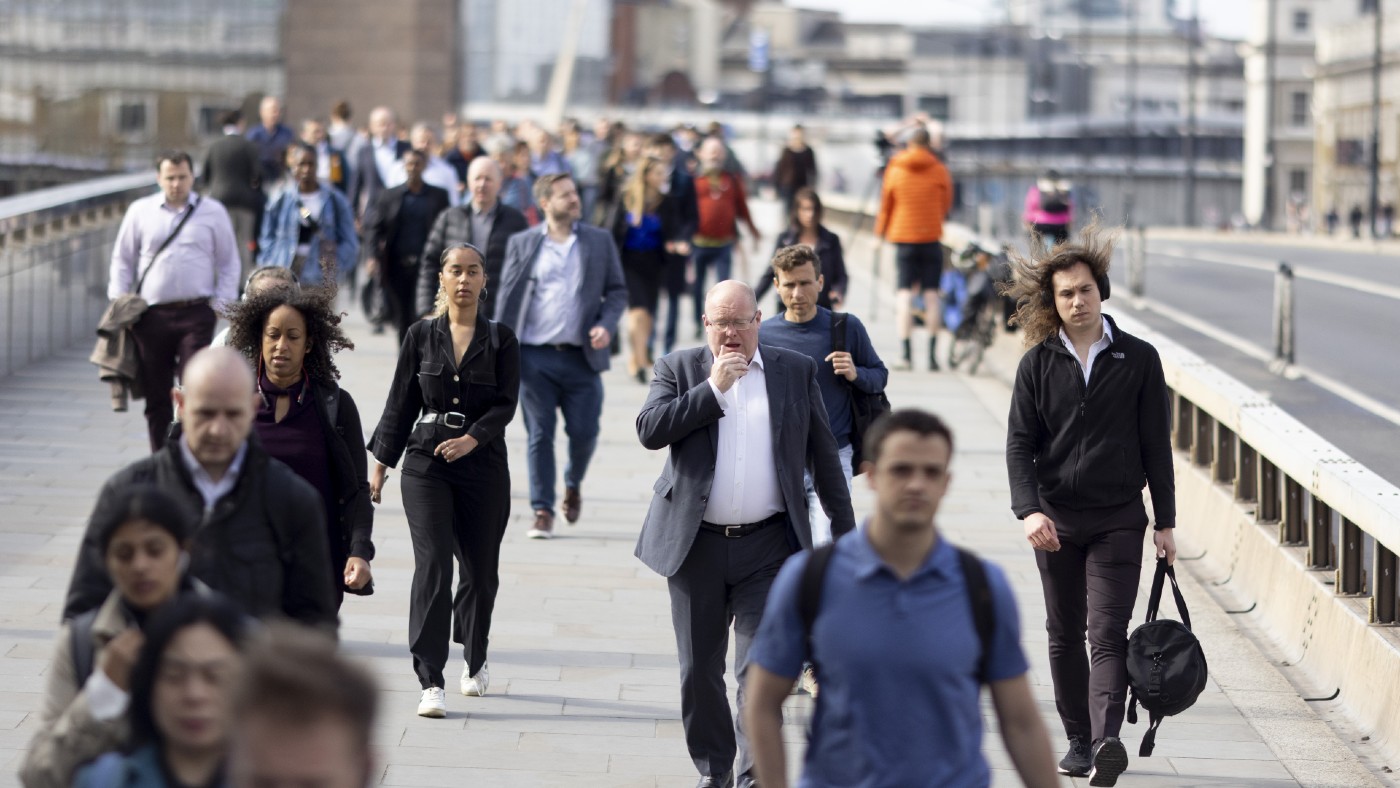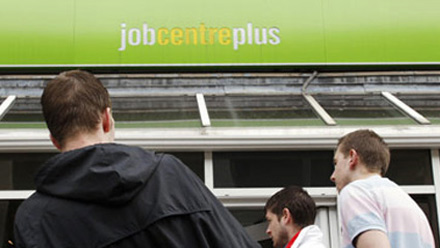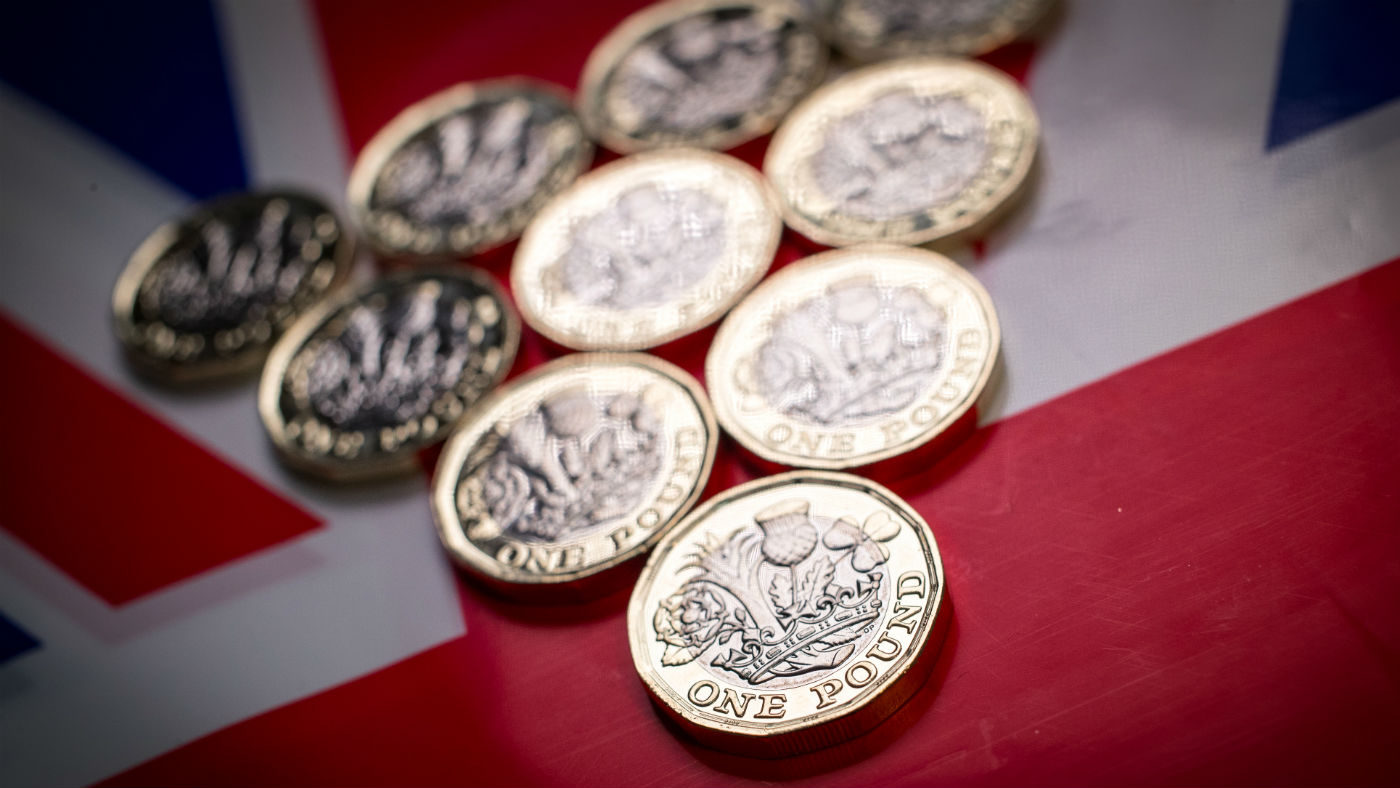Minimum wage increase: who gets a pay rise?
Government say the hike is biggest ever but critics claim hourly rates are still too low

A free daily email with the biggest news stories of the day – and the best features from TheWeek.com
You are now subscribed
Your newsletter sign-up was successful
An increase in the minimum wage for over-25s will see 1.8 million workers in the UK receive a pay rise of almost 5% from today.
The mandated pay rate, officially known as the national living wage, is increasing from £7.83 per hour to £8.21, as announced in last October’s budget.
Introduced in July 2015, the national living wage is adjusted every April and is higher than the compulsory national minimum wage, “which applies at varying rates to employees aged under 25 and is also rising”, says MoneySavingExpert.
The Week
Escape your echo chamber. Get the facts behind the news, plus analysis from multiple perspectives.

Sign up for The Week's Free Newsletters
From our morning news briefing to a weekly Good News Newsletter, get the best of The Week delivered directly to your inbox.
From our morning news briefing to a weekly Good News Newsletter, get the best of The Week delivered directly to your inbox.
The pay hike for over-25s equates to an extra £690 over a year for each employee, “in what the Government said was the biggest ever increase in the figure”, reports ITV News.
The hourly rate for 21- to 24-year-olds has also increased, from £7.38 to £7.70, while pay for workers aged between 18 and 20 is up from £5.90 to £6.15.
Despite a steady rise in the minimum wage, “many argue that wage increases have not kept up with the cost of living”, says Sky News.
There are also concerns that young people are missing out.
A free daily email with the biggest news stories of the day – and the best features from TheWeek.com
A new study by the Trade Union Congress (TUC) found that the average worker in the 21- to 24-year-old age group is earning £800 a year less than over-25s. The TUC called for all over-21s to be paid the full minimum wage.
The Living Wage Foundation says the sums set are too low across the board, and continues to calculate its own “real living wage”, based on what people need to meet the costs of basic necessities including food, clothing, housing, council tax, travel and childcare. The new real living wage rate is rising by 3.4% to £10.55 in London and by 2.9% to £9 for the rest of the country.
More than 4,700 businesses have agreed to pay their employees this amount after signing up to the voluntary scheme.
Businesses accredited by the foundation include about a third of the FTSE 100 and big names such as ITV, Google, Ikea, Everton FC and Chelsea FC. Staff can check if their employers are on the list on the Living Wage Foundation website.
Last week, booksellers Waterstones rejected a petition from staff that has now been signed by more than 8,500 people urging the business to pay its staff the real living wage.
The book chain’s managing director, James Daunt, wrote in an open letter to the petitioners that they were “preach[ing] to the converted”, but that the book chain could not yet afford a pay increase, after returning to profit only two years ago.
“A progressing pay structure based on a floor of the real living wage is highly desirable. If we can continue to grow profitability, this will be possible,” Daunt said.
The British Retail Consortium told City A.M. that “while retailers remain supportive of the national living wage, the Government must understand it is another large cost that affects the high street, at a time when many are struggling”.
-
 Nuuk becomes ground zero for Greenland’s diplomatic straits
Nuuk becomes ground zero for Greenland’s diplomatic straitsIN THE SPOTLIGHT A flurry of new consular activity in the remote Danish protectorate shows how important Greenland has become to Europeans’ anxiety about American imperialism
-
 ‘This is something that happens all too often’
‘This is something that happens all too often’Instant Opinion Opinion, comment and editorials of the day
-
 House votes to end Trump’s Canada tariffs
House votes to end Trump’s Canada tariffsSpeed Read Six Republicans joined with Democrats to repeal the president’s tariffs
-
 Why au pairs might become a thing of the past
Why au pairs might become a thing of the pastUnder The Radar Brexit and wage ruling are threatening the 'mutually beneficial arrangement'
-
 Fastest UK wage rise in 20 years fails to match inflation
Fastest UK wage rise in 20 years fails to match inflationSpeed Read Widening gap between private and public sector wages is also stoking anger among striking workers
-
 Why real wages have suffered ‘their sharpest fall on record’
Why real wages have suffered ‘their sharpest fall on record’Business Briefing Even pay rises aren’t preventing workers from feeling worse off – and that’s a big problem
-
 Average wages above their pre-financial crisis level
Average wages above their pre-financial crisis levelSpeed Read Resolution Foundation says weekly wages would have been £141 higher without crash
-
 British wages are being squeezed - here’s why
British wages are being squeezed - here’s whyIn Depth Report says former Labour heartlands in the north of England have been hit hardest
-
 Why has employment fallen at fastest rate in four years?
Why has employment fallen at fastest rate in four years?Speed Read Experts blame store closures and slowing economy for the drop
-
 UK wage growth hits 11-year high
UK wage growth hits 11-year highSpeed Read Timing of pay rises for public sector workers credited for increase
-
 UK wage growth at its highest since 2016 EU vote
UK wage growth at its highest since 2016 EU voteSpeed Read Analysts expect trickier times ahead for pay and employment